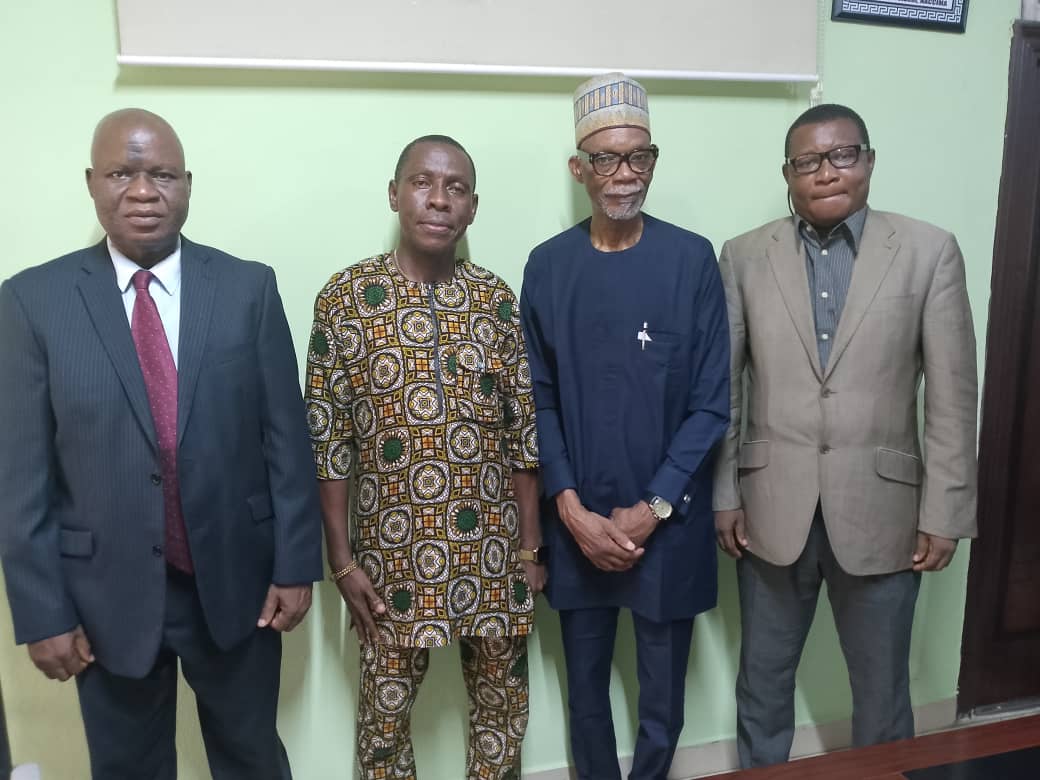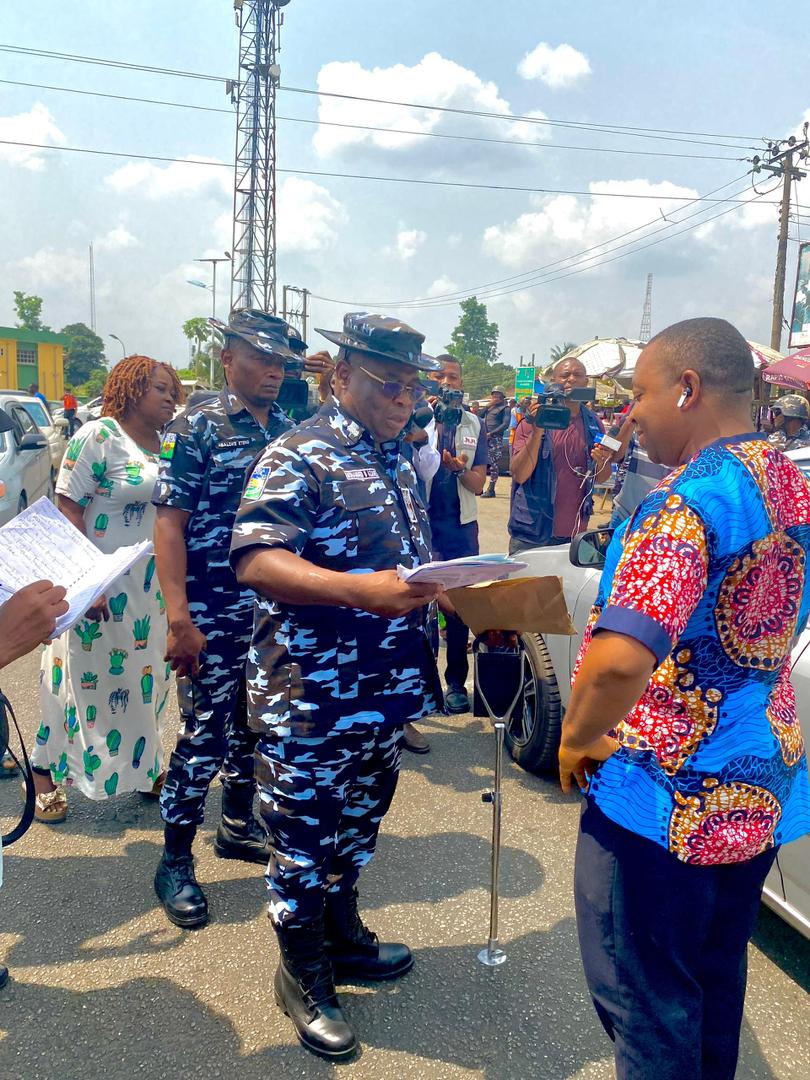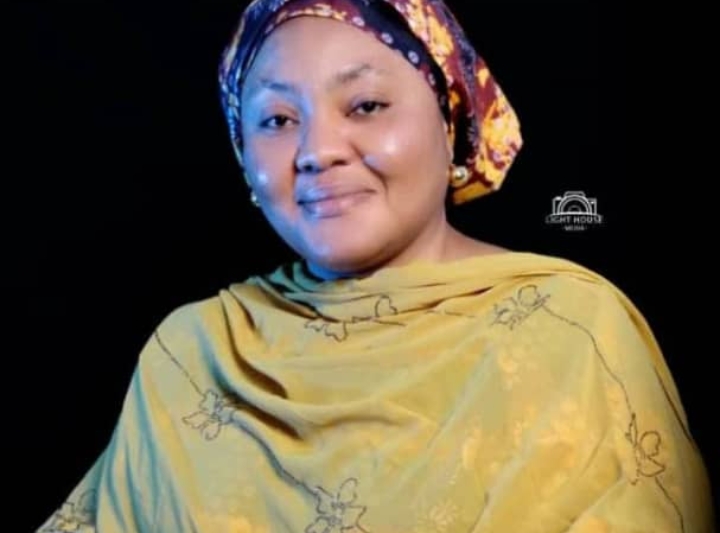By Princess Don Uyo.
Major roads in Uyo, the capital city of Akwa Ibom State, were largely deserted on Saturday as the police began enforcing the third-party insurance requirement for vehicles.
The enforcement, which is part of a directive issued by the Inspector General of Police, Mr. Kayode Ehbetokun, has sparked mixed reactions across the state.
While the enforcement was anticipated, some stakeholders, including the Nigeria Labour Congress (NLC), had raised concerns over the short timing of the initiative.
Mr. Sunny James, the Chairman of the Akwa Ibom NLC, had requested an extension to the deadline for the enforcement exercise, urging the police to allow more time for public education on the scheme. He argued that a more comprehensive awareness campaign was needed before enforcement began.
Despite these calls, the Akwa Ibom State Police Command proceeded with the directive.
Speaking to newsmen in Uyo on Saturday, the Commissioner of Police, Mr. Baba Mohammed Azare, confirmed that the enforcement had been carried out smoothly, with many motorists complying with the law.
“We are here today to ensure the enforcement of the third-party insurance scheme as directed by the IGP. In Akwa Ibom, the exercise has been seamless. Motorists are complying with the requirements,” Azare said.
The commissioner stressed that third-party insurance is a legal requirement, emphasizing that all vehicles must have the appropriate documentation to operate on Nigerian roads. He further warned that vehicles found without the necessary insurance papers would be impounded.
“The enforcement will continue until full compliance is achieved. Motorists must obtain their third-party insurance to avoid having their vehicles impounded,” Azare added.
The police chief also noted that the initiative, which aims to improve road safety and ensure vehicles are roadworthy, is in line with national regulations. The enforcement will remain in place, and authorities will continue to monitor compliance across the state.













